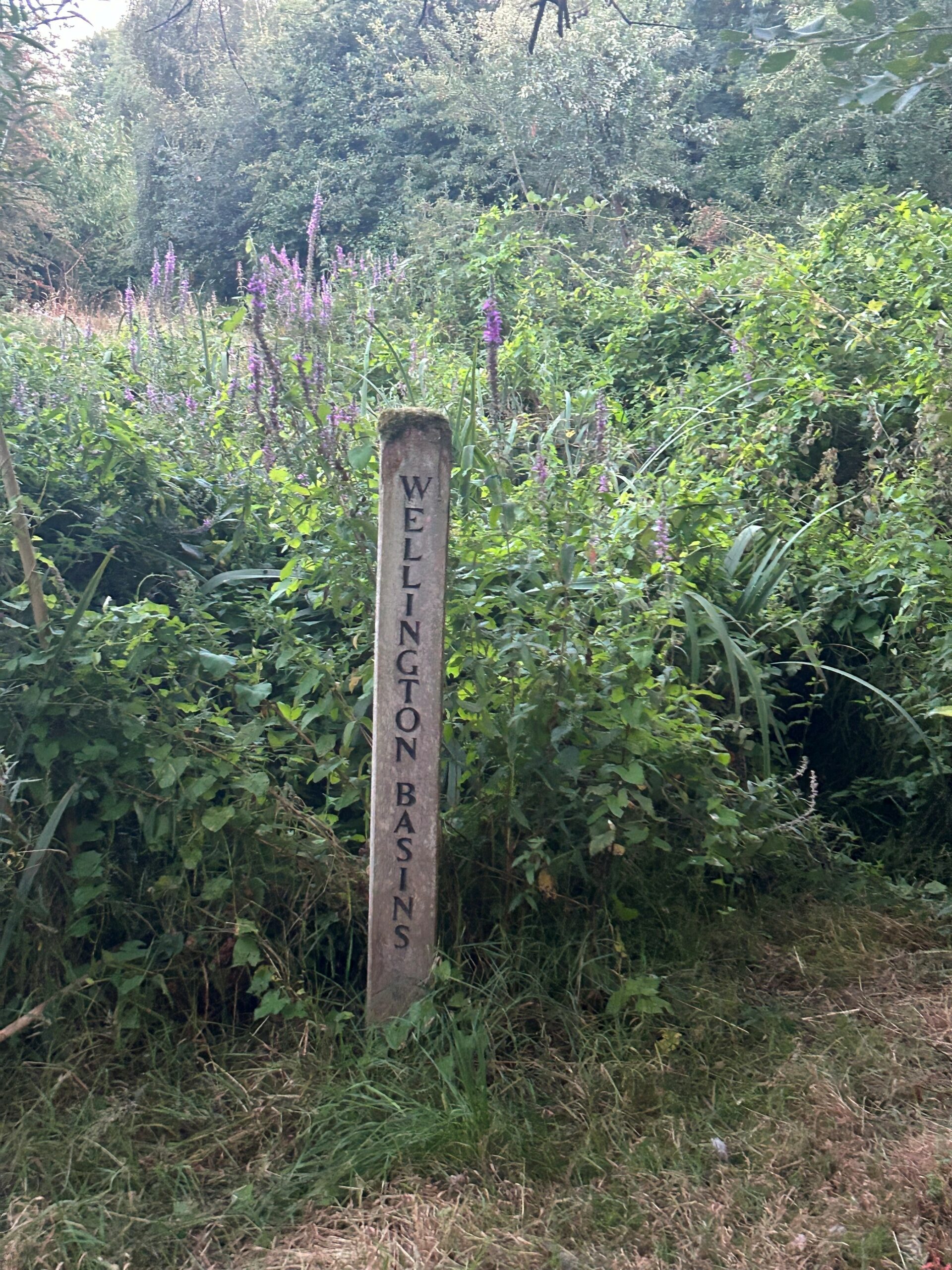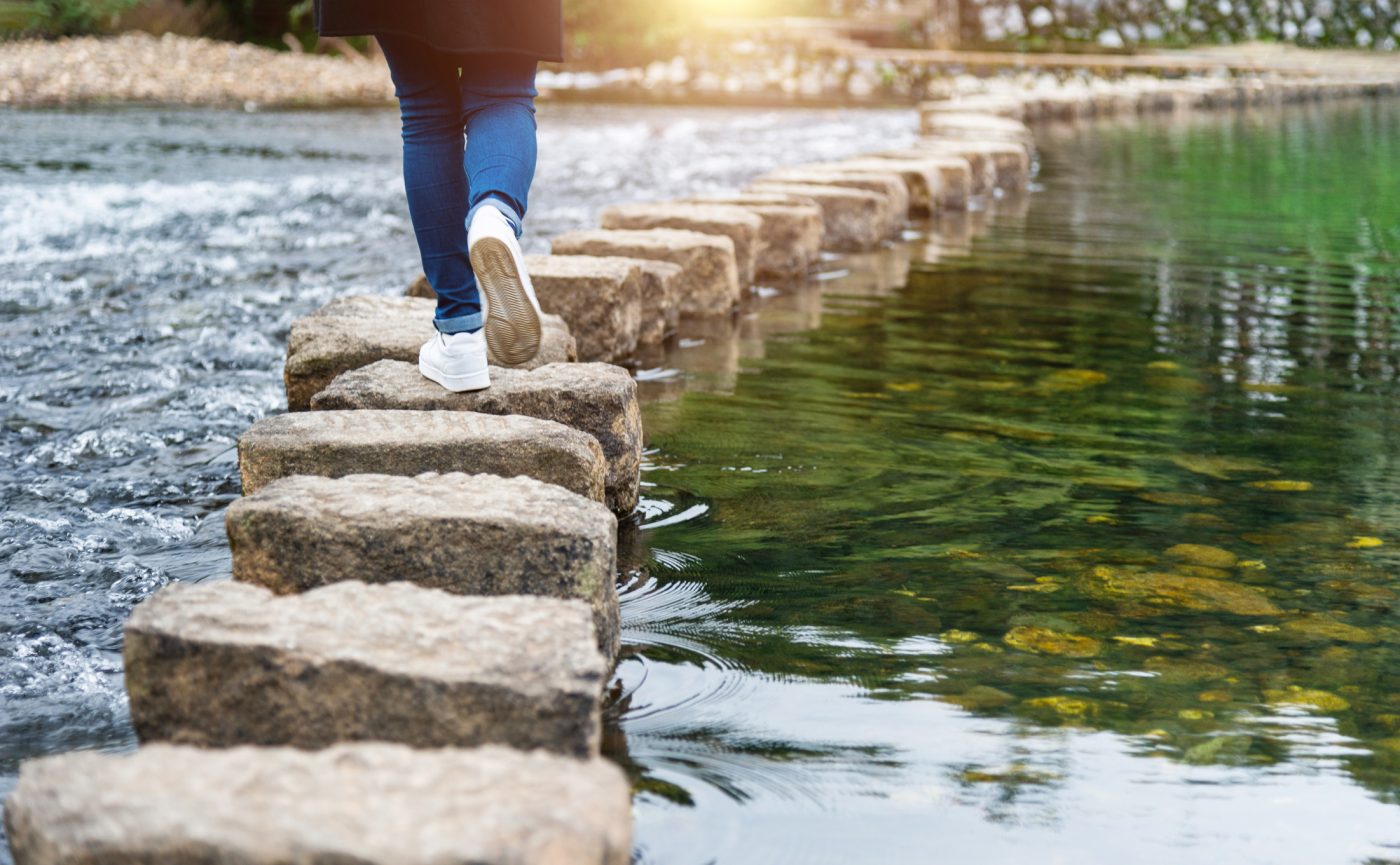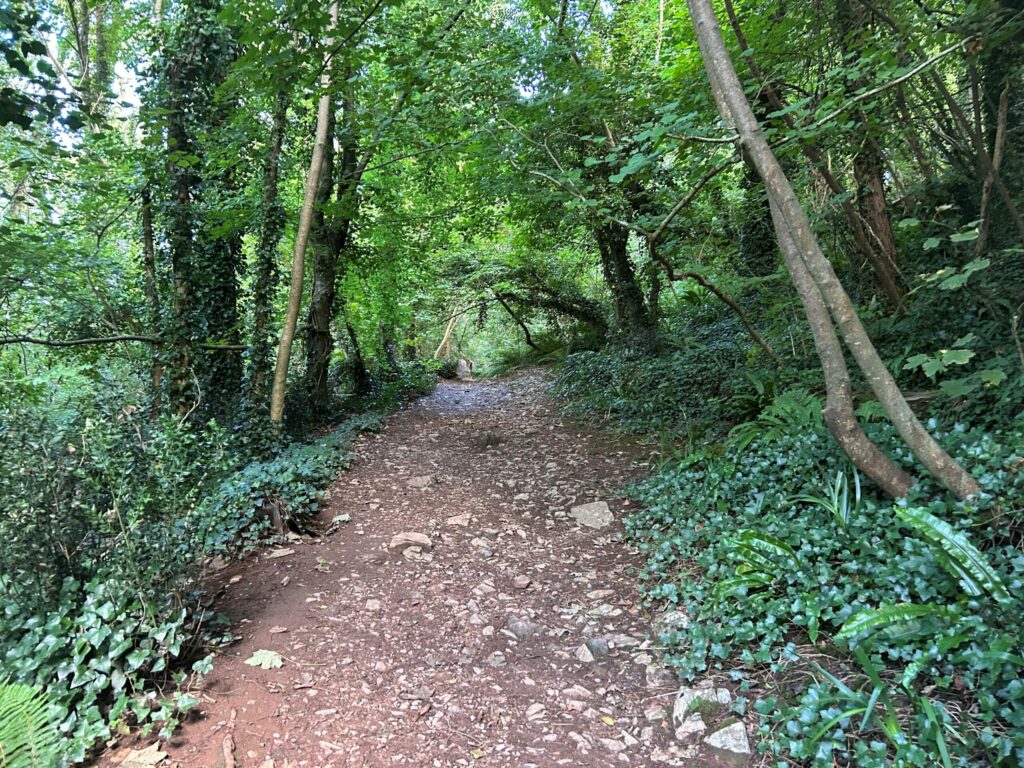
Someone with agoraphobia may be scared of:
- travelling on public transport
- visiting a shopping centre
- leaving home
If someone with agoraphobia finds themselves in a stressful situation, they’ll usually experience the symptoms of a panic attack, such as:
- rapid heartbeat
- rapid breathing (hyperventilating)
- feeling hot and sweaty
- feeling sick
They’ll avoid situations that cause anxiety and may only leave the house with a friend or partner. They’ll order groceries online rather than going to the supermarket. This change in behaviour is known as avoidance.
Read more about the symptoms of agoraphobia.
Agoraphobia can develop as a complication of panic disorder, an anxiety disorder involving panic attacks and moments of intense fear. It can arise by associating panic attacks with the places or situations where they occurred and then avoiding them.
Not all people with agoraphobia have a history of panic attacks. In these cases, their fear may be related to issues like a fear of crime, terrorism, illness or being in an accident.
Read more about the possible causes of agoraphobia.
Lifestyle changes may help with agoraphobia , including taking regular exercise, eating more healthily, and avoiding alcohol, drugs and drinks that contain caffeine, such as tea, coffee and cola.
Self-help techniques that can help during a panic attack include staying where you are, focusing on something that’s non-threatening and visible, and slow, deep breathing.
If your agoraphobia fails to respond to these treatment methods, see your GP.
You can also refer yourself directly for talking therapies, including cognitive behavioural therapy (CBT), without seeing your GP.

Treatments & Resources







